Directing
A handbook for emerging theatre directors
Rob Swain

Methuen Drama
First published in 2011
Methuen Drama is an imprint of Bloomsbury Publishing Plc
Bloomsbury Publishing Plc
50 Bedford Square
London WC1B 3DP
www.methuendrama.com
Copyright Robert Swain 2011
Robert Swain has asserted his rights under the Copyright, Designs and Patents Act, 1988, to be identified as the author of this work
A CIP catalogue record for this book is available from the British Library
PB ISBN: 978 1 408 12765 0
EPUB ISBN: 978 1 408 15662 9
Available in the USA from Bloomsbury Academic & Professional, 175 Fifth Avenue/3rd Floor, New York, NY 10010 www.BloomsburyAcademicUSA.com
This book is sold subject to the condition that it shall not, by way of trade or otherwise, be lent, resold, hired out, or otherwise circulated in any form of binding or cover other than that in which it is published and without a similar condition, including this condition, being imposed on the subsequent purchaser.
With thanks to all those who gave of their time, experience and wisdom and who agreed to be interviewed for this book. With thanks to all the directors in training on the Master of Fine Arts in Theatre Directing at Birkbeck University of London, and the practitioners who have contributed to the programme, from whom I have learnt a great deal. With thanks to Andrew McKinnon for all his support and advice. With special thanks to my wife Shelly for limitless amounts of support, advice and encouragement.
This book is primarily written for those considering a future as a theatre director. It sets out with the reader in mind who has directed productions at university or with groups of friends, and now wants to increase their knowledge of theatre, the directors craft and what directing entails. By the end it is aimed at someone who has directed one or two pieces, perhaps with a professional cast, and who wants to know how to establish a sustained career as a director. The chapters in between discuss key sources of information and key considerations in working with a number of collaborators that may be useful to directors at many stages of their work. It is also intended to be useful to someone who is an actor, stage manager, or an artist in a related field of theatre, who has experience of working in performing arts but who feels that they need additional skills and knowledge to direct.
Theatre directing is one of the most open professions to enter, since there is no necessity for formal qualifications and there are no prescribed career routes; yet this very openness can also make it seem a secretive and daunting world to the outsider. Where do I begin? How do I find theatres and organisations that support emerging directors? How do I contact professional actors, designers, lighting designers and stage managers? How can I put on a piece of work that will be professionally recognised? Should I consider further training or learn by trial and error?
As this is intended to be a handbook for directors which can be referred to in practical situations, the level of detail has been gauged to give the director a guide through processes and situations where there is little readily available information outside the experience of professional practice. It may also be of interest to those with a broader desire to know more about how theatre is being made today.
By viewing the directors role through his or her key relationships with the actor, the author, the designer, the industry, the production, and finally, the work of directing itself this book will offer a sense of the geography of the theatre as it is practised in the UK today, outlining the key factors in each relationship and giving enough information for an emerging theatre director to increase their knowledge and understanding of each area.
Each chapter will:
 Introduce key theories, practitioners and reading to provide an overview of the knowledge necessary to understand historic and current practice in the area.
Introduce key theories, practitioners and reading to provide an overview of the knowledge necessary to understand historic and current practice in the area.
 Discuss the key factors and considerations in the relationship.
Discuss the key factors and considerations in the relationship.
 Include interviews with leading and emerging directors, and with actors, designers, writers and producers about their work and relationships with directors.
Include interviews with leading and emerging directors, and with actors, designers, writers and producers about their work and relationships with directors.
 Suggest exercises to develop the directors own approach and practical skills.
Suggest exercises to develop the directors own approach and practical skills.
 Provide a reading list and weblinks where further information can be found.
Provide a reading list and weblinks where further information can be found.
The book is not intended to give primacy to any particular genre of theatre or theatrical aesthetic, but to provide an overview of the myriad approaches that theatre directors are employing today, so that a director can pursue those ideas and study those theatre-makers who are of most interest in developing their own synthesised methods of working. I have outlined a wide variety of theories about acting and theatre-making, but only in so far as they are possibly useful tools in gathering the courage to stand up in a rehearsal room and start to make things happen. Hopefully, knowing what other directors are thinking and doing, and what they might do when facing daunting challenges, will help reduce the sense of working in a void, in ignorance and in fear although the fear never quite goes away, however experienced you become.
This book is based on my experience of being a freelance director and artistic director for over twenty years, and on training theatre directors for the past eight years; many of the questions which I attempt to answer are the practical ones that demystify the pragmatic craft of the director, as posed by successive groups of directors about to embark on professional careers.
Many of those directors have come from countries across the world, and although this book is rooted in theatre-making in the UK today, its references are international, and many of the approaches outlined here are applicable to theatre-making the world over.
1
Im a theatre director
This chapter is intended for someone who is considering a career as a theatre director who may have directed one or two pieces, but perhaps without the attention of professional peers. It therefore covers some fundamental information and considerations that may be helpful in developing your thinking and practice before reaching the stage where you invite other directors and professionals to your productions. , the final chapter, is aimed at those who are ready to engage fully with the industry and to commit to a sustained level of work as a director.
With nearly 800 members of widely varying levels of experience, the Young Vic Genesis Directors Network allows directors to network with each other, find out about workshops, explore assisting and directing opportunities, and promote their work. The criteria for becoming a member are UK residency and a commitment to being a professional director; the only bar is being a student in full-time education, as this limits availability. This acknowledges that directors come from a wide range of backgrounds and will have to forge their own individual paths to establish a career as a director. In an intensely competitive field the key qualifications for success are desire, determination, a knowledge of current theatre-making, a well-articulated sense of the theatre you wish to make and an ever-growing circle of collaborators. Then hopefully the work speaks for itself, and you.


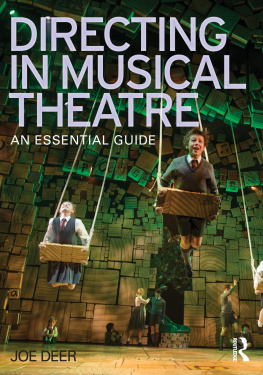
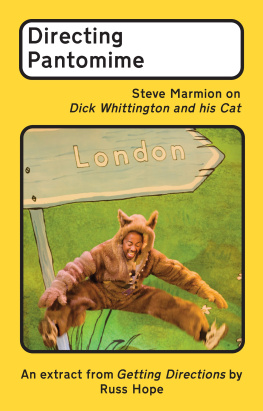
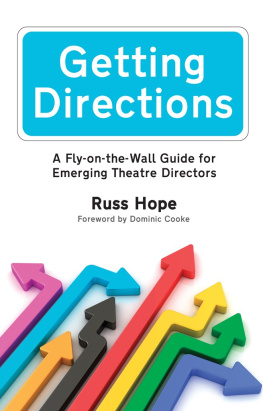
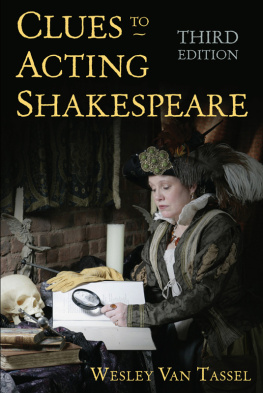
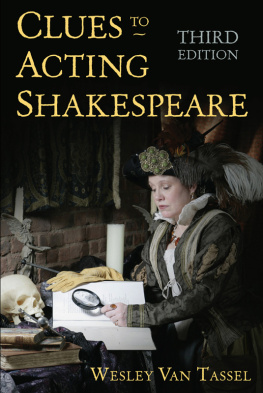
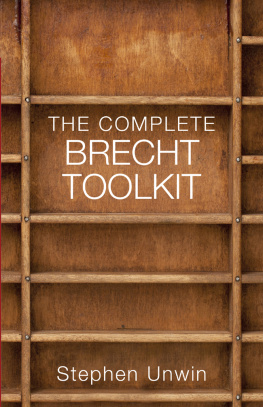
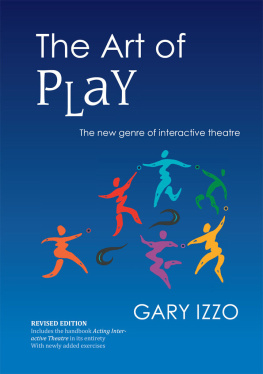

 Introduce key theories, practitioners and reading to provide an overview of the knowledge necessary to understand historic and current practice in the area.
Introduce key theories, practitioners and reading to provide an overview of the knowledge necessary to understand historic and current practice in the area.